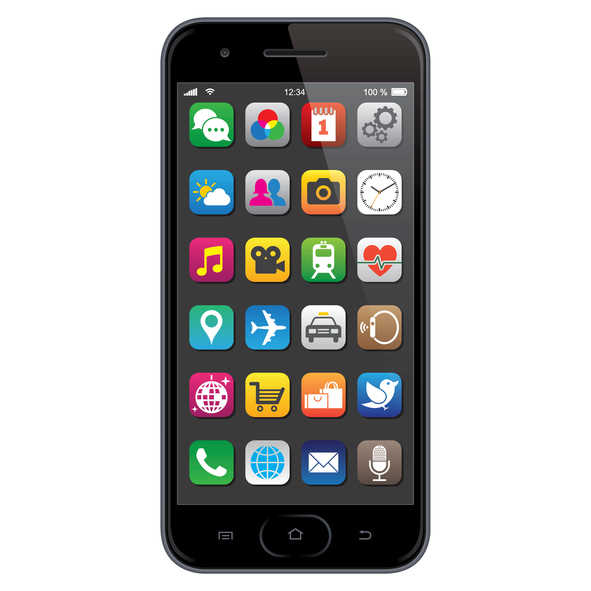
Thinkstock photo
Washington, June 26
Digital platforms such as mobile devices, social media, visual media and crowd-sourcing have the potential to improve emergency care for cardiac arrests, heart attacks and strokes, scientists say.
Researchers reviewed scientific studies to evaluate current knowledge on the effectiveness of digital strategies at improving emergency cardiac and stroke care.
“When seconds count, early recognition of the symptoms of cardiac arrest, heart attack or stroke and quick action can make a huge difference in whether someone lives or dies or has serious complications afterwards,” said Raina Merchant from University of Pennsylvania in the US.
“Digital platforms can support existing efforts to educate people about what to do in an emergency. Learning what to do - including how to perform cardiopulmonary resuscitation (CPR) and recognising the symptoms of stroke - is something many people can do that can save lives,” said Merchant.
Some studies on digital strategies have shown positive results, such as a Swedish study that used a mobile phone application to alert volunteers within 500 metres of a cardiac arrest victim to respond and start CPR, researchers said.
The study found that 62 per cent of the volunteers with the app started CPR, while only 48 per cent of bystanders without the app started CPR.
A Japanese study found that when emergency department personnel sent pictures of 12-lead electrocardiogrammes (ECGs) via their smartphone to interventional cardiologists for interpretation, the smartphone method shaved 1.5 minutes off the time clinicians needed to diagnose a patient, compared to sending the images via fax.
Smartphone apps to view brain images for stroke and Face Time videoconferencing apps to assess stroke patients by a remote neurologist may also be feasible, researchers said.
“As many of these interventions are new and emerging, it is an optimal time to conduct rigorous evaluations just as are done for traditional medical therapies and interventions,” said Merchant.
The findings were published in the journal Circulation.—PTI



























